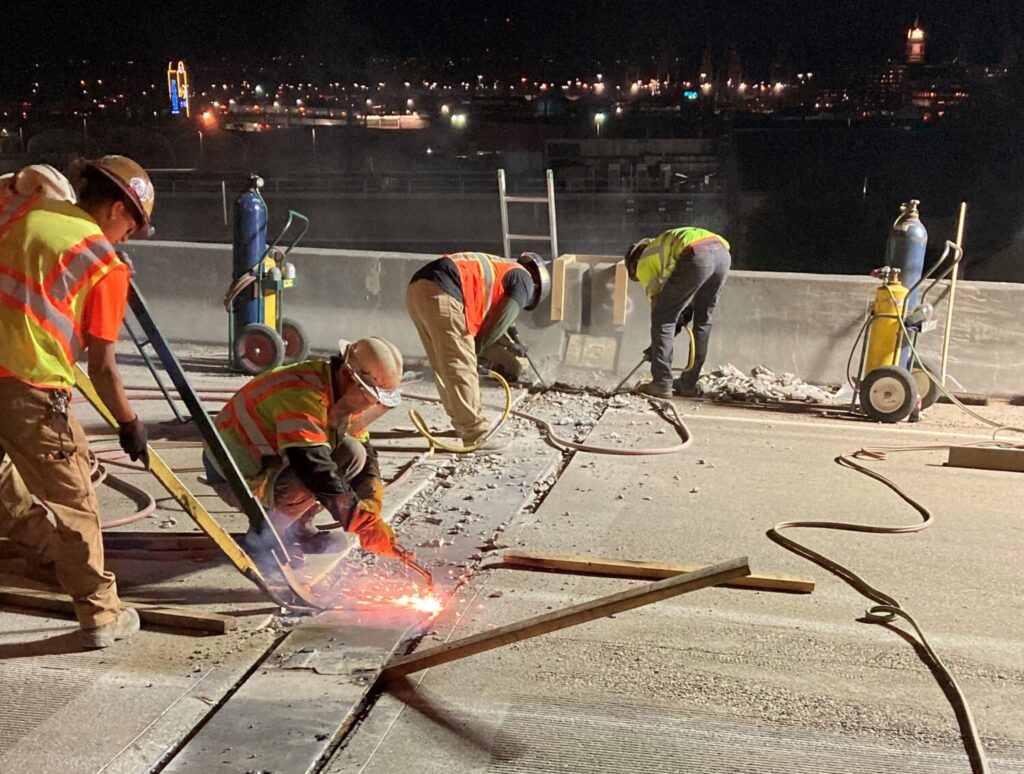Survey: Oregonians want election reforms, but only agree on campaign finance
Published 5:15 am Saturday, February 17, 2024
The majority of Oregonians want campaign finance reform but apparently cannot agree on how to reform elections beyond campaign finance, according to new survey results from the Oregon Values and Beliefs Center.
Of the 2,547 Oregonians surveyed online in late 2023, the majority — 78% — felt strongly about or leaned in favor of supporting limits to unlimited campaign spending. Of the 212 Central Oregonians surveyed, 79% were in favor of campaign spending limits.
While dueling campaign finance reform ballot measures could show up on voters’ 2024 ballots, business and labor leaders are meeting behind closed doors to drum up a campaign finance package for the Legislature, according to reporting by Oregon Public Broadcasting.
If leaders don’t reach a deal, two campaign finance-related ballot measures could mean yet another failed attempt at reform. The center’s report concluded “if voters are presented with two alternatives on the same ballot, there is a chance that neither measure will secure majority support.”
Oregonians are in line with the rest of the country. An October 2023 Pew Research study of Americans’ views on money in politics found that more than 70% of Americans say there ought to be limits on how much individuals and organizations can spend on a political campaign.
However, beyond campaign spending limits, the handful of Oregonians surveyed believe election reform is needed, but they are scattered when it comes to what reform ought to look like.
Because of this, the center classifies Oregonians as “reform curious” rather than “reform ready.”
“The findings of this survey reveal a citizenry in Oregon dissatisfied with the method of electing its representatives and with the structure of its representative government,” the center’s report read.
The survey found no clear preference among Oregonians on alternatives to current election conduct, especially for gubernatorial and state candidate races.
Oregonians were nearly evenly split on state race reforms. The survey gave respondents three options: Use ranked-choice voting, switch to a runoff election process for the top two vote earners or retain the current system, which means candidates with the most votes wins even if they received less than 50% of votes.
Most surveyed believe the most popular candidates win elections rather than the most qualified, and most believe Oregon’s current electoral system produces outcomes that reflect the values and beliefs of a small group of “particularly political Oregonians.”
“The electoral process is flawed and either needs to be replaced or refined to better represent all constituents, not just those with the strongest voices and deepest pockets,” one Deschutes County woman between ages of 55 and 64 years, who is a registered Democrat, said.
Of those surveyed, 36% were Democrats, 25% were Republicans, 14% were Independent Party members and 23% were non-affiliated or independent.





